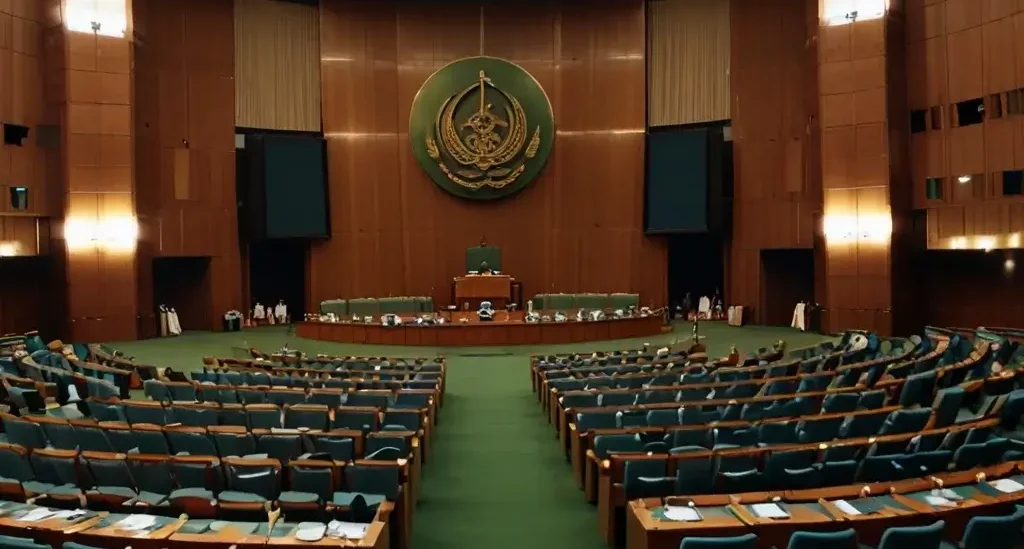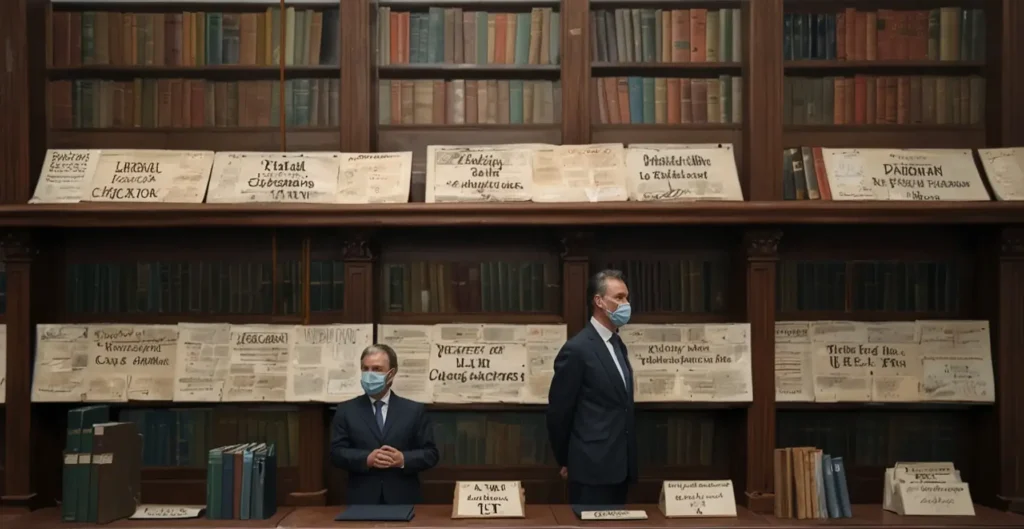A legislature is a governing body responsible for making decisions and shaping laws, typically at the national level. Legislatures are essential in supervising and directing governmental operations, frequently possessing exclusive jurisdiction to amend the budget or participate in the budgeting process.
Legislation in Parliament
The predominant designations for national legislatures are “parliament” and “congress,” yet it is crucial to recognize that these terms possess more precise definitions. A legislature comprises one or more deliberative assemblies that conduct distinct deliberations and voting on legislation. These gatherings are commonly designated as chambers or houses. A legislature with a single chamber is termed a unicameral legislature, whereas a bicameral legislature consists of two distinct chambers, sometimes designated as a “upper house” and a “lower house.”
Generally, these bodies possess distinct tasks and authorities, with the upper house frequently assuming a more consultative or advising function under parliamentary systems. The procedures for member selection may differ. In presidential systems, the powers of the two legislative chambers are frequently analogous or equivalent, although in federations, the upper chamber generally represents the constituent states of the federation. This pertains to the legislative institution of the European Union that functions at a supranational level.
The upper chamber may consist of legislators from state governments, adhering to a system that guarantees equitable representation for states with lesser populations. This methodology is observed in nations such as Australia and the United States. The legislature is an important component of the state that is responsible for making laws. However, laws govern the behavior of individuals. Pakistan operates as an Islamic Republic where the voice of the people is channeled through their elected representatives, who are responsible for making laws.
Legislative Procedure in Parliament
How Ordinance becomes an act? When the session of the assembly is started, an ordinance promulgated by the president or governors is presented for confirmation. If 2/3 members of the assembly approve, it becomes an act. Each ordinance is valid for four months (120 days). Before the end of this period, it can become an act with the approval of Parliament.
We can see the detailed procedure of legislation in parliament in Articles 70-88 of the Constitution of 1973. National Assembly and Senate, both houses of parliament do the job of central legislation. All laws made by parliament have to pass through the same way which we are going to discuss in detail.

Preparation
When the central Government feels a specific law, it gets for written preparation of that proposal according to Govt point of view. When opposition members or common members in the National Assembly want so, they prepare legislation proposals by using their own resources.
First Reading
Upon completion of the proposal, it is sent to the Speaker of the National Assembly. Subsequently, it is disseminated and incorporated into the official gazette. Unofficial proposals are not published in the official gazette. The proponents propose the proposal before the House on the day determined by the Speaker of the National Assembly. The term refers to the presentation of a proposal in the House. Then moving person requests the speaker to present a proposal for debate in-house or to send it to the committee. After that debate on this proposal, if the majority of members in the Assembly approve, it is sent to the committee.
Committee
Different committees are formed in the National Assembly & Senate to deal with different types of proposals for lawmaking. For example, the education committee deals with such proposals which are concerned with educational matters. Every committee discusses proposals in detail committee may take opinions from experts, ministers, and common citizens. That committee sends the proposal back in-house with its positive or negative opinion. The committee is not allowed to change the actual proposal.
Second Reading
This step is considered very important. After coming back from the committee, the proposal is discussed in depth in detail. Every member may take part in the discussion. After the completion of the debate, the moving person requests the speaker to present a proposal for voting. If the majority of members favor it, a proposal is considered valid for the next step.
Third Reading
The date & time is decided by the speaker of the National Assembly for the third reading of the Proposal. At this stage, the Proposal is not discussed in detail. After a short debate, members cast votes in favor or opposite to the proposal. After approval of the majority, the Proposal is handed over to the second House.
Proposal in Second House
If the Senate is a Second House, it prepares its document within three months. If it does not decide in a limited period, a proposal is considered a “Law” without its approval. Senate may reject, amend, or approve the proposal. If it amends, the National Assembly repeats the above procedure. After second approval from the National Assembly, a proposal is not sent to the Senate. It is submitted straight to the president for final approval.
Sometimes, a joint meeting of both houses (senate & National Assembly) is called to approve a proposal. The speaker of the National Assembly presides over such meetings. If he is absent, the chairman of the senate presides. The proposal is sent for final approval if the majority of both houses approve it.
Approval of President
After approval of a proposal from both houses, it is sent to the president. It is delivered with the counsel of the Prime Minister. The President enacts the law upon signing it. The president have the authority to endorse the plan or to return it for modification. If both chambers approve it once again, the President is obligated to sign it.

Difference between Act and Ordinance
| Act | Ordinance |
| Permanent nature | Temporary Bases |
| Signed by President | Issued by President |
| No Age for Act | For 120 Days |
| 2/3 members of parliament accept | Enforced in an emergency |
| Cannot be converted | This can be converted into an Act |






